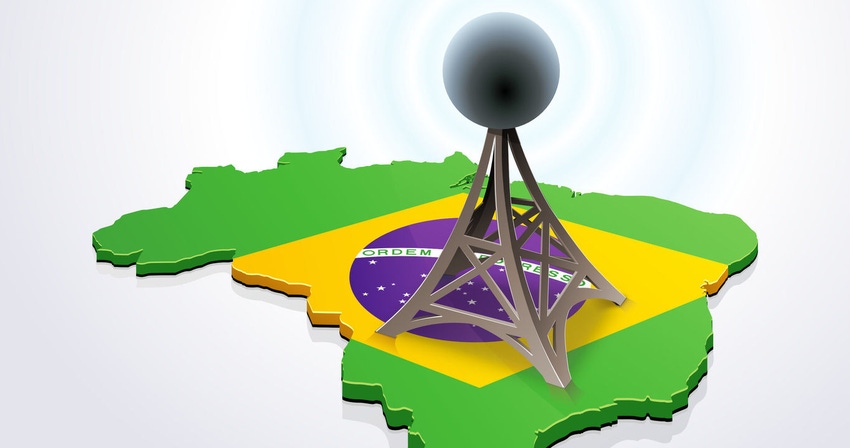Brazil's Oi is getting closer to selling itself out of existence, announcing this week the disposal of a portfolio of fixed infrastructure assets to local player Highline.
August 24, 2022

Brazil’s Oi is getting closer to selling itself out of existence, announcing this week the disposal of a portfolio of fixed infrastructure assets to local player Highline.
Highline, a Brazilian telecoms infrastructure specialist backed by investor DigitalBridge, submitted a binding offer for 8,000 sites used to support fixed telecoms infrastructure – towers, poles and other assets – at the end of last month.
Despite rumours to the contrary, there were no other bids, and as such a Rio de Janeiro court earlier this week declared Highline the winner, via its NK 108 affiliate. Brazilian media outlets had predicted interest in the assets from the US, naming American Tower and IHS as likely bidders, according to a Reuters report. But clearly the pair, both big names in the passive infrastructure space, decided that these were not the assets for them or indeed that they did not want to match Highline’s bid, which had been made public.
The firm’s cash offer came in at a shade under 1.7 billion reais (US$332 million), of which BRL1.09 billion is payable on completion, with the remaining BRL609 million coming due by 2026, the final total depending on usage of the assets; the finer details of that clause will be hammered out in the final sale agreement.
Lest we should forget, the court involvement in proceedings is a requirement of the judicial reorganisation process that has kept Oi afloat for the past half decade. Unbelievably, it was as long ago as mid-2016 when the telco submitted its bankruptcy protection filing that led to it entering judicial reorganisation.
The process may not have been quick – and that’s certainly an understatement – but it does appear to be coming to a head.
The most high profile of Oi’s assets went to its three MNO rivals: TIM, Telefonica and America Movil’s Claro. The trio brokered a deal in late 2020 worth a total of BRL16.5 billion (US$3.2 billion) to split Oi’s mobile assets – customers, spectrum and network assets – between them. The lion’s share of the assets went to TIM, which as a result picked up more of the tab.
The deal finally closed in April this year, the price adjusted down slightly to BRL15.9 billion. All three subsequently began the process of offloading mobile base station sites, as required by competition regulators, according to news outlet TeleSite. That process is ongoing.
In 2021 Oi offloaded its mobile towers to Highline and its data centre business to Rio-based financial group Piemonte Holding, and the asset sales continued in earnest into 2022.
In April this year, fresh from finalising the big mobile deal, Oi agreed to transfer its pay TV business, both DTH and IPTV operations, to Sky Brasil. The pair are still working on the Ts and Cs of that deal, but it seems there will be a revenue-sharing element to it. And a month later it announced the completion of the sale of a controlling stake in its fibre infrastructure business V.tal to a group of investors headed by Globenet Cabos Submarinos and BTG.
All of which is a long-winded way of saying that Oi has either sold or agreed to sell all of its major assets. We have been preparing for the loss of one of the big four in Brazil – and the only one in Brazilian hands – for some time, but now the end might actually be nigh.
Get the latest news straight to your inbox. Register for the Telecoms.com newsletter here.
About the Author(s)
You May Also Like








.png?width=300&auto=webp&quality=80&disable=upscale)


_1.jpg?width=300&auto=webp&quality=80&disable=upscale)


.png?width=800&auto=webp&quality=80&disable=upscale)